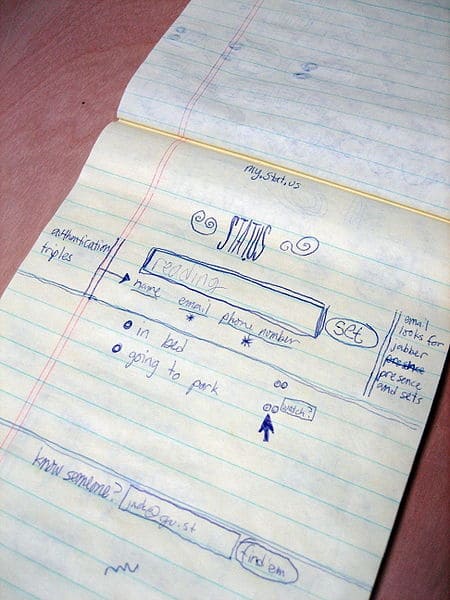Twitter and Facebook are not only huge social networking sites, but also they’re increasingly the go-to platforms for entrepreneurs looking to build rapid growth businesses. In the last few years there have been some impressive runaway hits.
Like Zynga, for example, a company that makes games for social networks.
A hapless addiction for many, the scourge of some, the company has gone on to rake in massive amounts of revenue thanks to games like Farmville and Mafia Wars that are built on top of Facebook. Estimates have their revenue around $850 million for 2010. According to the Wall Street Journal, the company is valued at between $7 billion and $9 billion based on current discussions with investors to raise $250 million. Yes, the marriage of social networking sites with successful apps can be a beautiful (financial) thing.

But the risk of relying on another company’s platform and playing by their sometimes murky rules can throw a wrench of uncertainty into even the most well thought through business plan.
Take UberMedia for instance.
Their applications — Twidroyd, Echofon, UberSocial — while not games, are also built on top of Twitter and Facebook, who like the idea of extending their networks via third party applications. To a point. Last week, Twitter suddenly shut-off the APIs for some of UberMedia’s apps, notably Twidroyd, a twitter client for Android devices. And just like that, in the blink of an eye, the application was dead. Twitter announced that the decision was related to some violation of terms. A few days later the service was restored.
Imagine the power company arbitrarily shutting off service because they think you might be somehow making money from the very power they’re serving you.
Slightly ludicrous analogy perhaps, but it does demonstrate the black box risk of building a business on the platform that others control. Note that Apple has long been accused of inexplicable decision making when it comes to rejecting certain apps from its tightly controlled (i.e. keeping money to itself) iTunes store.
Of course there is a story behind the story when it comes to the skirmish between Twitter and UberMedia, which Mashable says “controls approximately 20% of the tweets in the Twitter ecosystem.”
Turns out UberMedia CEO Bill Gross may be building a network of sites and applications that could eventually rival Twitter and — shock! — try to make money via advertising. Say it ain’t so. Twitter has tried and is still struggling to turn its massive network of users into profits.
Then there’s the connection between UberMedia and Twitter archnemesis, Facebook. Accel Ventures, which is an investor in Facebook, recently funded $17.5 million for UberMedia.
It reminds me of the dust-up Zynga had with Facebook over virtual currency. Facebook wanted to use their transactional engine and Zynga, of course, wanted to use their own — he who controls the money supply controls the world. Facebook owns the platform, so who is ultimately sitting in the position of power?
I’m sure there are many chapters to come in the story.
It’s not clear how all of this will play out, and that is part of the spectator sport that is social networking application development in the 21st century.
In the glory days of web development, companies would develop applications using standard programming languages and market them via a web site, usually their own or maybe a partner like CNET. Now, it’s all about the “open graph” and building extended systems using the plumbing provided by Facebook or Twitter. It brings plenty of benefits, but it also brings a new-found risk… if you fly too close to the (profitable) sun then be prepared to for sudden power loss. Risky business, Risky Business.


